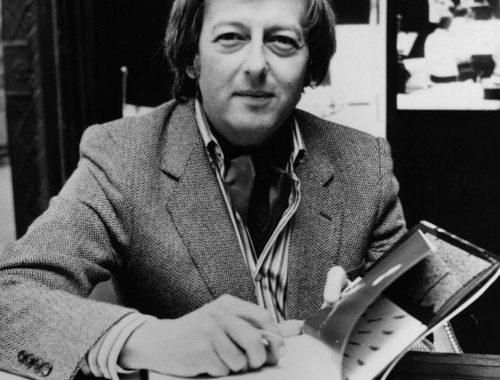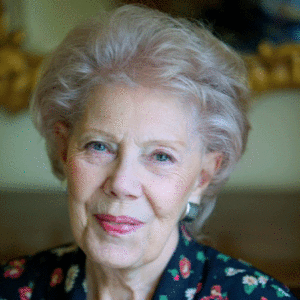FRIDAY 27TH AUGUST 2010 PROM 56: MINNESOTA ORCHESTRA/ VANSKA
Royal Albert Hall
In a former life when the Minnesota Orchestra was the Minneapolis Symphony and “Living Presence” was a phrase on the tip of every record buff’s tongue, it would almost have come as a disappointment to hear the sophisticated beast the orchestra has now become in an acoustic as generous as the Royal Albert Hall. In those early Antal Dorati recordings a butch and brassy immediacy was everything and such muted and seductively blended sounds as Osmo Vanska now drew from Samuel Barber’s re-imagining of Shelley – Music for a Scene from Shelley – in this the first of their two Proms shows just how far they have travelled since Vanska became their Music Director in 2003.
Barber’s early orchestral essay evolves from a Debussy-like impressionism of diaphanous viola-led strings and muted brasses to full-blown filmic rhetoric in less than ten minutes and in that time the full tonal range of the orchestra was shrewdly showcased. But Barber was not all they brought from back home. A phenomenal young cellist, Alisa Weilerstein, pretty much stole the evening with her extraordinary account of Shostakovich’s Cello Concerto No.1. Vanska played his part, too, in focusing the pithy, soloistic nature of the orchestral writing (not least the excellent first horn) but Weilerstein was the complete musical actress whose orations from hushed and furtive and fearful to ferociously assertive were gripping in the extreme.
We must cast our minds back to Rostropovich to remember an account of the slow movement as potent and technically accomplished as this. The sad song of the opening emerged as from a frail old voice and Weilerstein’s extraordinary subito piano effects and the way she could drain colour and sound to near-inaudibility (as in the passage in ghostly harmonics) and yet demand attention from the farthest reaches of the hall was astonishing. The huge cadenza was truly her “mad scene” and might just be the most disturbing thing we’ve heard all season.
So were the Minnesotans soundly upstaged by their soloist? Vanska’s account of Bruckner’s Fourth Symphony “Romantic” (in the contentious but interesting Korstvedt edition) could hardly have been truer to its nickname and it was good to hear aspects of the piece played with a Schubertian airiness and grace. But Vanska’s romantic notions had much more to do with rural idylls than chivalrous grandeur and Bruckner, for all his spirituality, was tougher and bluffer than this. Sometimes the sound was so “blended”, so refined, that even his best friends might not have recognised him.
You May Also Like

GRAMOPHONE: André Previn – A Tribute
24/04/2019
A Conversation With DAME JANET BAKER
25/12/2014